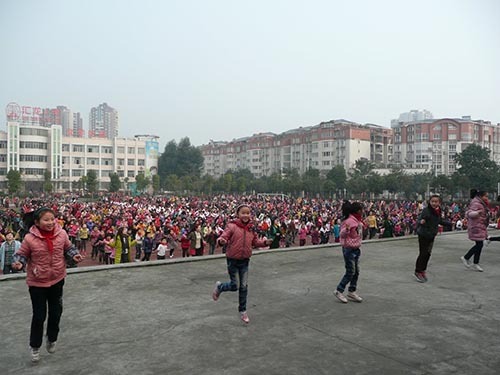
Author Yong Zhao has plenty to say about the dangerous consequences of China’s educational authoritarianism and he has begun to convince some very important leaders of global education including gene Glass, Diane Ravitch e Pasi Sahlberg.
Should we in the US be following Shanghai’s lead and focusing on improving our Pisa test scores? Do China’s results come at excessive cost and anyway, does it really mean their educational system is better than ours?
“If the U.S. and the West are concerned about being overtaken by China, the best solution is to avoid becoming China.” concludes Zhao in his new book Quem tem medo do Big Bad Dragão: Why China Has the Best (e Pior) Education System in the World.
Zhao shares some stunning ironies, such as the fact that while we in the West are in awe of the Chinese education system, Chinese students all want to go to college in America because America has a reputation for freedom and erudition that has not eroded, even with our recent educational woes. His grave and controversial assertions are backed up with meticulous and provocative facts. He cites that only 10% de [chinês] college graduates are deemed employable by multinational businesses, which he states is because these students lack the very qualities our new society needs. Then there’s the long term emotional health issues and student morale in a test-oriented culture. Zhao’s explains that he wrote the book to show how China, “a perfect incarnation of authoritarian education, has produced the world’s best test scores at the cost of diverse, criador, and innovative talents. I also tried to illustrate how difficult it is to move away from authoritarian thinking, by showing how China has struggled to reform its education for over a century.”
I invited Gene Glass, Diane Ravitch and Pasi Sahlberg to weigh in further on the things we should and should not learn from China.

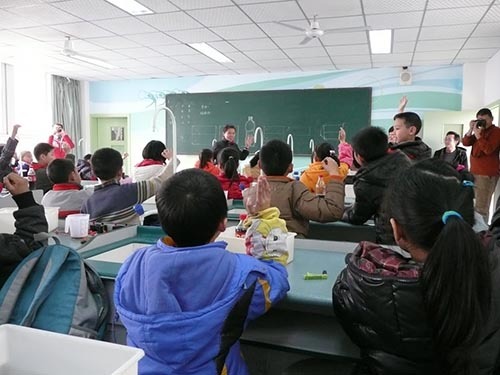
Zhao considerably contests the model of disciplinary, test-based Chinese education that has been heralded globally. Why do you think the media in the West, particularly in America, looks to China as a valid exemplary model?
Diane Ravitch: Yong shows that the West has periodically admired and feared China. Agora mesmo, our leaders are impressed by the high test scores of Shanghai in particular.
gene Glass: A U.S. has now had more than three decades of edu-tourists who spent a week in Tokyo or Shanghai accompanied by “handlers” only to return filled with advice about how we must remake our education system. Era uma vez, we were told that we must resemble Japan; then its economy tanked. Then it was China, riding the crest of an economic wave created by currency manipulation and state subsidies that held the key to successful schools. Now we should follow Singapore, which has the highest per capita rate of millionaires in the world. We have been told that we must import education systems from cultures with which these experts have only a passing acquaintance. It’s no wonder that the “education system de jour” changes with each new report of the PISA scores.
Pasi Sahlberg: I think international benchmarking in the U.S. in general focuses too much on measured test scores and country rankings, and thereby undermines other features of education systems, such as equity, well-being and creativity (or lack of it). este disse, Shanghai in China is often seen as a valid benchmark due to Shanghai’s extraordinary academic achievement in the PISA test. eu acho que, as Yong Zhao writes, that many of the inconvenient aspects of Chinese education systems are given a blind eye here. I sincerely hope that everybody reads this very important book that Yong has written.

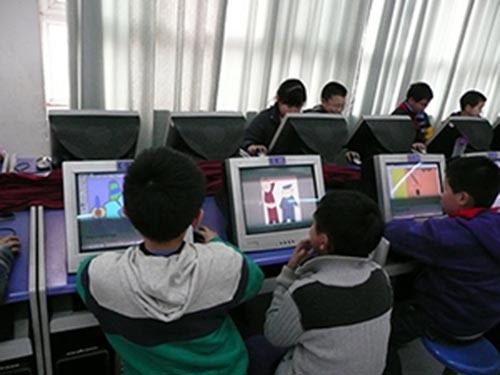
Based on Zhao’s book, what strikes you as the main Chinese educational practices that teachers in the US should avoid pursuing and why?
Diane Ravitch: Yong Zhao documents that the high test scores posted by Chinese students are based on an authoritarian model of learning, where the central authority determines what is to be learned, then students relentlessly prepare for the test. The test is very high stakes. It is a barrier to advancement. Those who get high scores get a good further education and a good job. Those who do not have lesser lives. Zhao also shows that cheating is widespread because the stakes are so high.
Pasi Sahlberg: I think one of the most interesting characteristics that has helped Shanghai’s schools to do so well is the system of schools helping other schools as part of overall education strategy. I know that professional collaboration between schools and teachers is originally an American idea but it is not implemented system-wide right now. This school-to-school sharing and learning from one another is something we all should pay more attention to.
Relative to the Chinese system portrayed in Zhao’s book, what stand out to you as the most vital methods that the US teaching profession employs to further the capabilities and ultimate achievements of American students?
Diane Ravitch: No passado, the American education system had as its primary goals the ideal of a “well-rounded student” and a future citizen. Because our policymakers place so much value on raising test scores, there has been increased emphasis on testing and test prep, using test scores to evaluate teachers. No Child Left Behind and Race to the Top are based on the expectation that carrots and sticks will force teachers to raise test scores, in hopes of getting a bonus or at least avoiding being fired.
Pasi Sahlberg: I think we are looking at two very different educational environments here, the American and the Chinese. My first reaction would be that due to these cultural differences, there may not be that much that the teaching profession here in the U.S. can directly take from China. Yong very eloquently describes and equations the ethos and consequences of China’s exam-driven education system that he argues is pretty much the same as it has always been. My suggestion to my American colleagues is to read Yong’s book as an encouragement to look harder at the best American ideas and models to improve their own schools. As I have written elsewhere, o U.S. is the only country in the world that has all the solutions needed to build world-class education system that serves and includes all of its children. The best lesson from Yong’s book is to go back to the American archives and find inspiration from there.

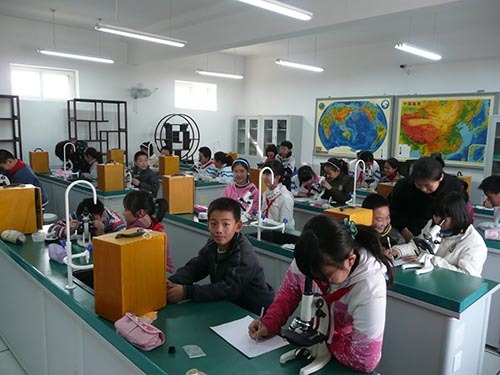
What solutions does Zhao offer that you think would be effective?
Diane Ravitch: His main solution is to avoid trying to be like Shanghai and China, as he believes that its education system stifles creativity. He says our focus must be redirected to preparing “globally competent, criador, innovative entrepreneurship citizens who are job creators.” Xangai, he says, is not the right model for us. He concludes that “we don’t yet have a model that will meet the needs of a global future. We will have to invent one.”
Pasi Sahlberg: Yong writes that Chinese education is the complete opposite of what we need for the new era. I think the best solution that I take away from his excellent book is what I learn from the opposites – what not to do. It is quite amazing in this light what the Chinese Ministry of Education is suggesting as the ten point reform program. There is something for all of us: more physical education, no homework, less testing and balanced grouping of students in schools, including assigning teachers randomly to their classes. Probably not implementable as such but interesting ideas anyway in this world that is so much driven by selection, segregation and inequality. Yong is also very clear about the trap that international student assessments like PISA have brought before us. And the Chinese have nothing to do with that.
gene Glass: Yong Zhao stands virtually alone as an expert on education in the East and the West. His messages are powerful. Schooling and the economy are less intimately connected than people realize. Sistema de educação de uma nação cresce fora de sua cultura maior; graft a foreign system onto a different culture and the plant will never flourish.
Para outros artigos sobre a China: Criativo China, Criativo China – Parte 2, Concentre-se na China, China online
For more information on Gene Glass
For more information on Diane Ravitch
For more information on Pasi Sahlberg


(All photos are courtesy of Brian Flannery/Global and Online Education, University of Oregon.)
Junte-se a mim e líderes de renome mundial, incluindo Sir Michael Barber (Reino Unido), Dr. Michael Bloco (EUA), Dr. Leon Botstein (EUA), Professor Clay Christensen (EUA), Dr. Linda, Darling-Hammond (EUA), Dr. MadhavChavan (Índia), Professor Michael Fullan (Canadá), Professor Howard Gardner (EUA), Professor Andy Hargreaves (EUA), Professor Yvonne Hellman (Holanda), Professor Kristin Helstad (Noruega), Jean Hendrickson (EUA), Professor Rose Hipkins (Nova Zelândia), Professor Cornelia Hoogland (Canadá), Honrosa Jeff Johnson (Canadá), Senhora. Chantal Kaufmann (Bélgica), Dr. EijaKauppinen (Finlândia), Secretário TapioKosunen Estado (Finlândia), Professor Dominique Lafontaine (Bélgica), Professor Hugh Lauder (Reino Unido), Professor Ben Levin (Canadá), Senhor Ken Macdonald (Reino Unido), Professor Barry McGaw (Austrália), Shiv Nadar (Índia), Professor R. Natarajan (Índia), Dr. PAK NG (Cingapura), Dr. Denise Papa (US), Sridhar Rajagopalan (Índia), Dr. Diane Ravitch (EUA), Richard Wilson Riley (EUA), Sir Ken Robinson (Reino Unido), Professor PasiSahlberg (Finlândia), Professor Manabu Sato (Japão), Andreas Schleicher (PISA, OCDE), Dr. Anthony Seldon (Reino Unido), Dr. David Shaffer (EUA), Dr. Kirsten Immersive Are (Noruega), Chanceler Stephen Spahn (EUA), Yves Theze (LyceeFrancais EUA), Professor Charles Ungerleider (Canadá), Professor Tony Wagner (EUA), Sir David Watson (Reino Unido), Professor Dylan Wiliam (Reino Unido), Dr. Mark Wormald (Reino Unido), Professor Theo Wubbels (Holanda), Professor Michael Young (Reino Unido), e Professor Minxuan Zhang (China) como eles exploram as grandes questões da educação imagem que todas as nações enfrentam hoje.
A Pesquisa Global para Educação Comunitária Página
C. M. Rubin é o autor de duas séries on-line lido pelo qual ela recebeu uma 2011 Upton Sinclair prêmio, “A Pesquisa Global para a Educação” e “Como vamos Leia?” Ela também é autora de três livros mais vendidos, Incluindo The Real Alice no País das Maravilhas, é o editor de CMRubinWorld, e é um Disruptor Fundação Fellow.


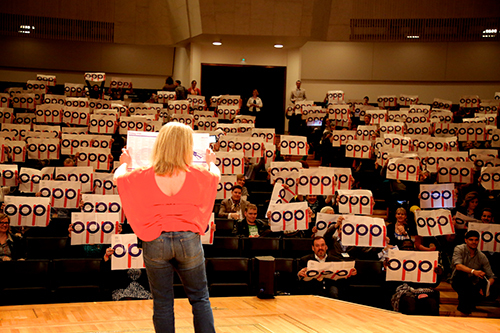
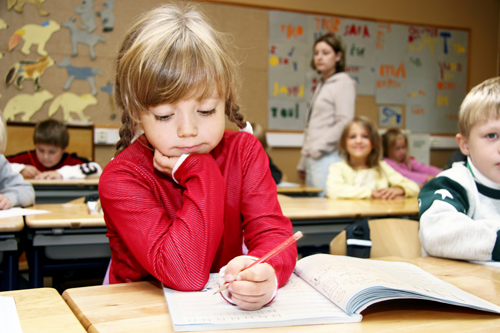


Comentários Recentes